Caleb’s Concepts: There is no true Christianity, only interpretations
March 19, 2021
In his dialogue, “Ion,” Plato explores the mastery that poets have pertaining to their subject matter. This story is about Ion, a poet claiming mastery of Homer’s poems, confronted by Socrates who patiently explains Ion cannot have mastery of someone without being as equally skilled. Since Ion claimed Homer was the greatest poet ever, he cannot have mastery over Homer since he is the superior poet with the correct interpretation. The takeaway is that the original source is always better than the interpretation.
Now let’s explore Jesus Christ, the Son of God. Followers of Jesus’s teachings followed his example outlined within the New Testament of the Bible. Yet, the majority of Christ’s chronology was documented decades after his death, amounting to a confusing chronology. Additionally, the characterization of Jesus is wildly different in the synoptic gospels versus the Book of John. John’s depiction of Jesus encapsulates his divine aspects while the synoptic gospels, in particular Mark, place an emphasis on his humanity, highlighting that Jesus’s nature is unknown since he did not leave behind any original writings. Rather, his legacy is preserved by the Apostles and codified within the books. Therefore, we are relying on a copy of Jesus not his true self.
As Plato illustrates in “Ion,” interpretations of human material are a corrupted copy of the source. Keep in mind that Plato is discussing the work of Homer, a human, not Jesus, the son of God. Since human concepts are subject to interpretive corruption, it can be concluded that divine material can be corrupted also. Thus, our concept of Jesus is artificial since we are relying on the interpretation of people and based on the Bible, humans are broken. In his book, “The City of God,” the theologian Saint Augustine of Hippo coins this fault as “original sin.” Original sin occured after Adam and Eve disobeyed God in the Garden of Eden which passed on as a “sinful gene” to humanity. Thus, “original sin” causes humans to step into the world as broken people who can never be made whole.
Naturally, we conclude that this brokenness affects our judgement of the divine. Since, the gospel writers are endowed with this brokenness, then their interpretations of the divine are affected by this disease. This leads us along to the disaster that befell future Christians trying to interpret the Bible correctly, thank you Martin Luther. This rift in religious understanding traces its genealogy through systems developed by people’s imperfect perception of an imperfect book resulting in bloodshed. So, now, in the 21st century, Christianity is bitterly divided without the chance of reconciling under the love of God.
Your Christian denomination should not matter. Your faith in Jesus Christ, the Son of God is what gives you salvation manifested through good deeds, which is achieved through living your life as close as possible to how Jesus lived his. Naturally, this is impossible since Jesus is divine and we aren’t. Rather, he is a form that we should aspire to be. For as Friedrich Nietzsche put it, “In truth, there was only one Christian, and he died on the cross.”

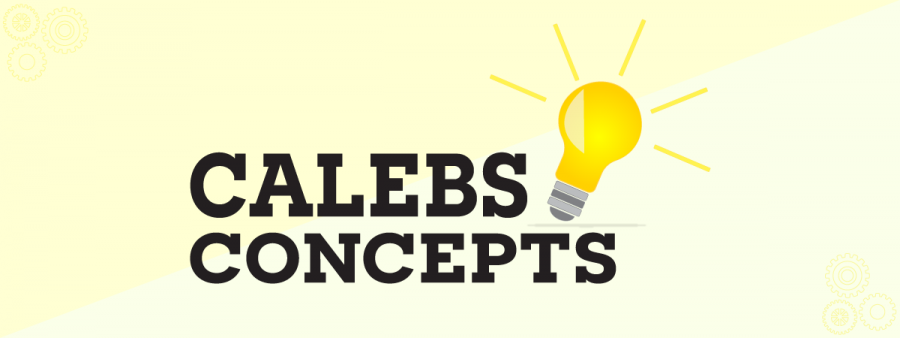





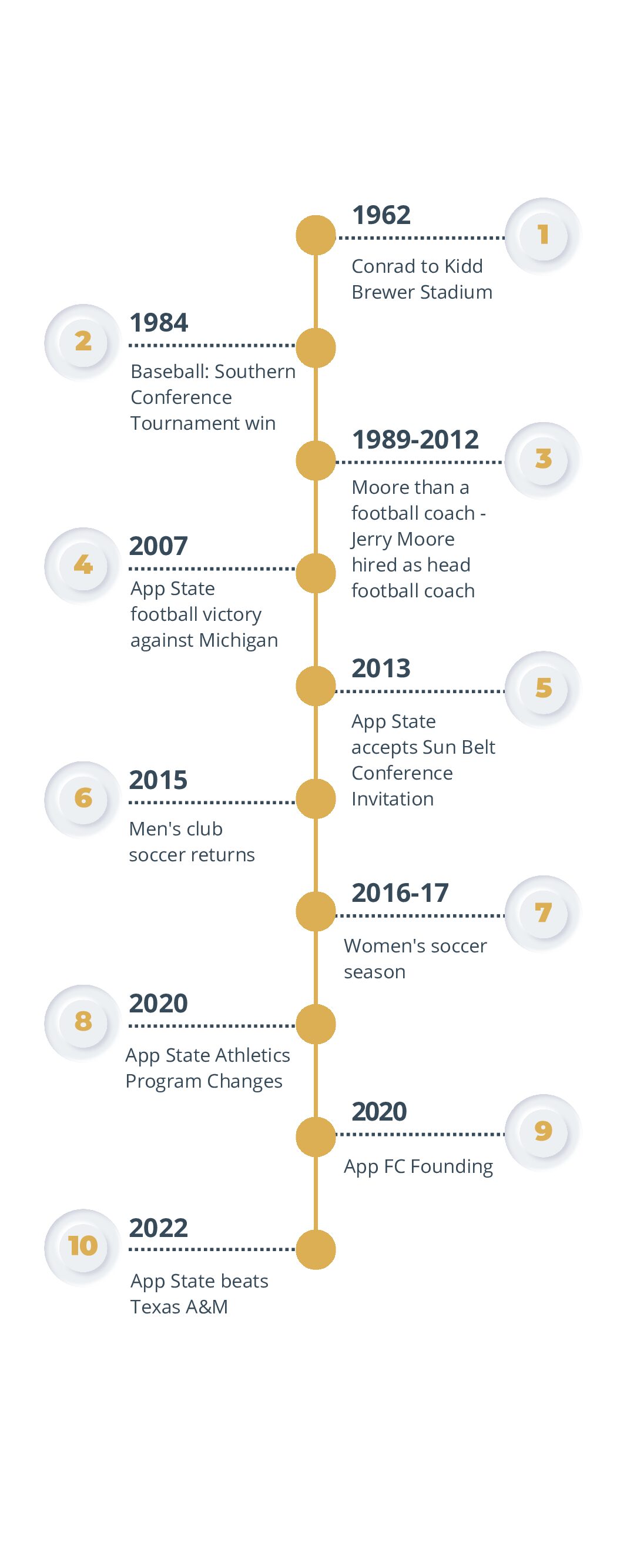





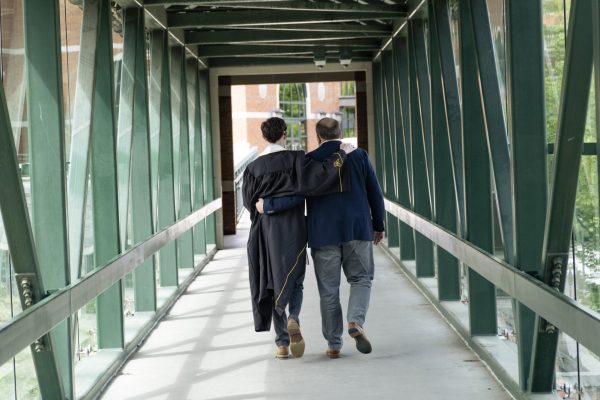





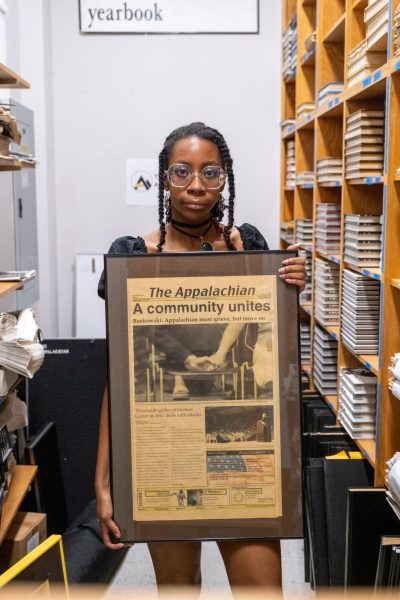

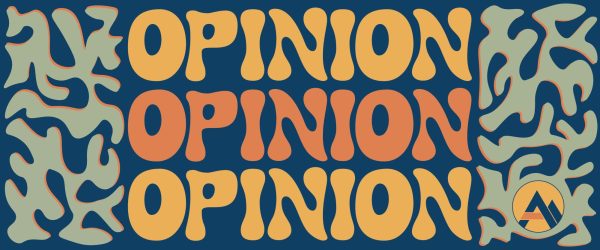


Ben Garbuio • Mar 20, 2021 at 5:54 pm
Great column on a very interesting subject!
Just to clarify: God Holy Spirit added to the Gospels narratives of Jesus inspired books on the interpretation of his divinity and his mission; Romans, Effessians, Corinthians , Colossians,…Also throughout history many inspired saints and illuminated minds have produced much material to rescue us from our human inabilities to understand God.
Robert Hagedorn • Mar 20, 2021 at 12:41 pm
“Original sin occurred after Adam and Eve disobeyed God in the Garden of Eden which passed on as a “sinful gene” to humanity.”
There are no shapes and shadows here: the first story of opposite-sex marriage results in same-sex behavior between Adam and Eve. It’s all very tangible.
How is this possible?
The simple commandment is in Genesis 1:28: “Be fruitful and multiply.” Adam and Eve are supposed to be fruitful and multiply in the Garden of Eden by eating from the Tree of Life–the allegorical tree whose implied existence in Eden continues after the eviction from Eden in Genesis 3:24.
Or at least, this Bible verse tells us the tree’s way continues (King James Version). But instead of procreating by eating from the Tree of Life while still in the Garden, they eat forbidden mystery fruit from a forbidden mystery tree named the Tree of Knowledge of Good and Evil.
But what forbidden fruit do they eat, and how does the eating of this fruit from the wrong tree prevent them from obeying the simple commandment to be fruitful and multiply by eating from the Tree of Life? Before this question can be answered, the location of the forbidden tree must first be determined. The evidence in the story tells us exactly where that location is within the Garden of Eden.
The Genesis story tells us in Genesis 2:9 and 3:3 both trees are in the center of the allegorical Garden. So the forbidden Tree of Knowledge of Good and Evil is right next to the allowed tree, the Tree of Life, and it’s fruit.
If the forbidden fruit from the forbidden tree is literal fruit, the eating of this fruit would give only knowledge of the fruit’s taste, not the knowledge of good and evil. But the covering of the genitals with fig leaf aprons following the eating of the “fruit” does indicate sudden acquisition of “knowledge of good and evil,” a knowledge that results in sexual shame.
It is difficult to understand how eating literal fruit results in sexual shame. And it is difficult to understand how normal and necessary sexual relations between Adam and Eve result in sexual shame since the only specific commandment to them is to “be fruitful and multiply” in the Garden, a commandment they disobey, because no children are produced until after the eviction from Eden, and after they have normal and necessary sexual relations for the first time in Genesis 4:1.
But their obedience is too late: guardian cherubim and a flaming sword prevent reentry into the Garden.
Adam and Eve execute double disobedience when they eat of the fruit forbidden–they fail to procreate by doing what they are forbidden to do. And they fail to procreate by not doing what they are commanded to do. Both failures occur simultaneously.
The fruit in the Garden of Eden is not forbidden sexual pleasure, but forbidden nonprocreative sexual pleasure–nonprocreative sexual pleasure derived from a specifically forbidden sex act: Adam and Eve experience pleasurable engagement in nonreproductive anal sex when they yield to the temptation represented in the allegory by the talking snake.
This fruit of pleasure is located in the center of the allegorical Garden of Eden–Eve’s body–right next to the allowed Tree of Life, and its equally allowed fruit of pleasure.
In partaking of the forbidden pleasure from the forbidden second tree instead of the allowed pleasure from the allowed first tree, Adam and Eve disobey God’s first and only commandment to them to be fruitful and multiply in the Garden.
As offensive as the exegesis may be, it remains superior to the most popular exegesis identifying the fruit as a forbidden apple.
But how did the fruit ever become identified as an apple in the first place?
The belief that the fruit is an apple has its genesis in the 4th century Vulgate translation, where Jerome chose to use in Genesis 3 the Latin noun malum, meaning “apple,” instead of the adjective malus, meaning “bad,” to identify the fruit Eve ate.
This was later corrected.
But the apple identity stuck, became widespread in the 12th century, and remains the apex popular identity reaching us in the 21st century, still based on no evidence for the existence of a literal fruit.
But to end positive, the acceptance of the evidence-based exegesis of the identity of the fruit in the world’s oldest and greatest mystery story is at last making headway, as increasing numbers of people manage to set aside the emotions and feelings spinning them in circles, and acknowledge–at least until a better exegesis appears–the evidence in the Bible story of the talking fruit snake.
This long-forgotten exegesis explains everything, and offers enlightenment for the untrue and oft-repeated, “Only God knows what fruit they ate.” Yes, a Deity would know what “fruit” they “ate,” but the evidence in the Genesis story reveals the Deity’s knowledge of the fruit’s identity to anyone who wishes to know, and has the courage to overcome their emotional resistance and uneasiness resulting from being exposed to this knowledge.
Would the exposure be eating once again from the forbidden tree? Would a Deity want us to remain ignorant of the Genesis story’s meaning? No to both questions, because our garden is not their Garden–we are no longer living in the Garden of Eden’s state of grace.
And secondly, the evidence in the story clearly tells us that Adam and Eve did not disobey the “Be fruitful and multiply” Genesis 1:28 commandment for the purpose of acquiring knowledge of good and evil.
Their acquisition of this knowledge was a byproduct of their disobedient behavior, which was to experience forbidden nonprocreative sexual pleasure by eating allegorical fruit from the allegorical wrong tree in the center of an allegorical garden, while at the same time quite possibly living in a literal garden with literal fruit trees and literal snakes that do not talk to women.